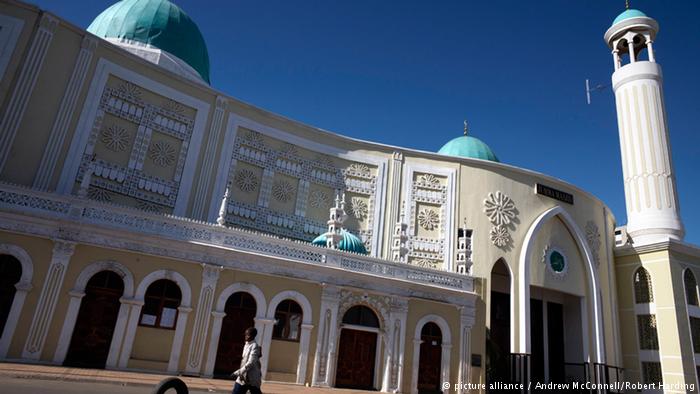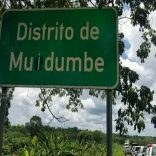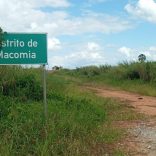Mozambique: Police use tear gas to disperse 'paid ride' drivers - Watch
Closing mosques in northern Mozambique: A proportionate or exaggerated reaction?

Mosque in downtown Maputo / For illustration purposes only
The Islamic Council of Mozambique disagrees with the closing of mosques in Pemba, saying that the problem of radicalism lies in the people and not in the mosques. But philosopher Severino Ngoenha thinks that closing the mosques is acceptable to combat excesses.
Last Friday, the Mozambican authorities provisionally closed three mosques in the city of Pemba and another in Cabo Delgado province, on the grounds that perpetrators of the armed attacks in Mocímboa da Praia in October attended those mosques.
The suspicion is that the attackers were Muslim extremists, some already identified and detained.
Is the decision to close mosques fair and proper?
“Certainly not. The closing of mosques is not the right decision, because the problem is not mosques,” says the Islamic Council of Mozambique’s Secretary-General Abdul Carimo.
According to Carimo, “The problem in Mocímboa da Praia is some individuals, and it is they who must be searched out and taken to the bar of the courts. The mosques have nothing to do with the attitudes of those people”.

Carimo also expresses the goodwill of the Islamic institution. “In addition, all Islamic congregations are happy to continue cooperating with the government in identifying people who are linked to this group.”
Fight radicals or shut down mosques?
The mosques in question are probably not frequented only by extremists, and have not been created by them. Could not identifying pockets of radicalism and possible “cleansing” be fairer to the Muslim community?
The philosopher Severino Ngoenha responds by stressing that “the need for a kind of purification does not come so much from the state, but comes from the Muslim community itself, which began to complain even before the events of Mocímboa da Praia, to the police, courts and to the local political authorities”.
“It is clear that one should not harm everyone, but whether temporary closure means a purification to avoid excesses, allowing those who have always practiced Islam within the rule of law to re-apply, then it is a measure that unfortunately has to be taken and may be necessary.”
Islamic community denies radicalism in mosques
But Carimo says that there is no radicalism in the mosques, adding: “What exists are people who have tried to enter through this path of radicalism, and one of the signs of this group is that they do not use the mosques, but have set up their places of worship in backyards and homes of natural persons in order to distance themselves from other Muslims, who they often consider non-Muslim.”
“Their radicalism goes so far that we, the religious leaders, in their view, are not Muslims. The believers who frequent our mosques are not Muslims either.”
The Secretary-General of the Islamic Community of Mozambique says that Muslims, despite cooperating in the identification of extremists, are being victimised along with them.
Need for greater vigilance
Carimo and Ngoenha both point out that Islam has been practiced in Mozambique for hundreds of years. But Ngoenha stresses that the country has a history of religious intolerance, not only with Islam. But for Carimo, religious intolerance is not a problem in the country, and the attacks in Mocímboa da Praia were a unique instance.
In any case, Ngoenha warns: “This calls attention to the need for ever greater vigilance, so that the laws are respected by all and everyone retains the freedom to practice the different confessions to which they belong.”
The results of the investigations into the attacks of Mocímboa da Praia which killed four police officers and 14 attackers are still unknown.













Leave a Reply
Be the First to Comment!
You must be logged in to post a comment.
You must be logged in to post a comment.